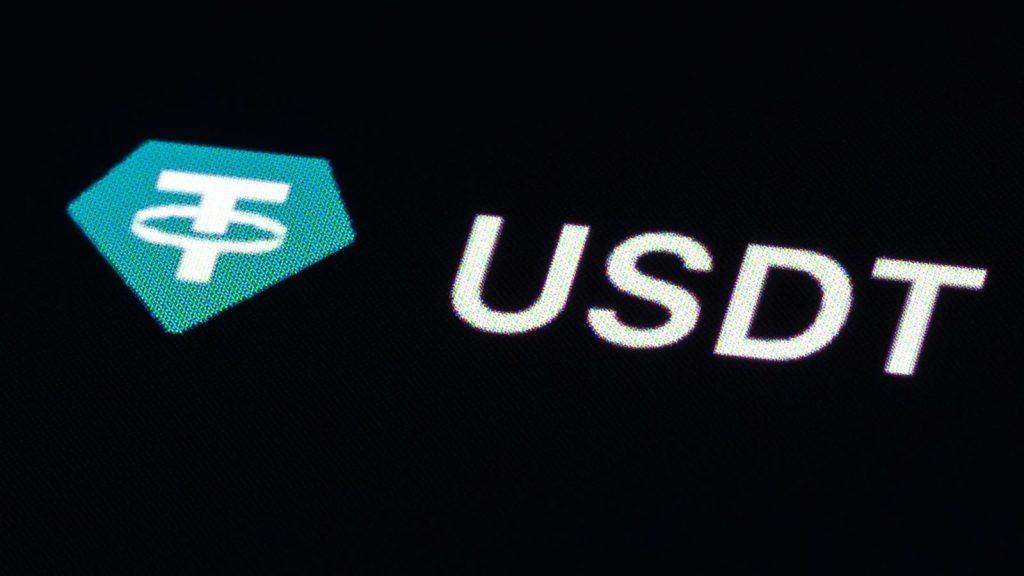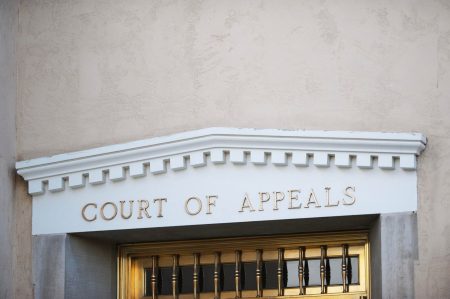Tether Holdings Limited closed out 2024 with a resounding $13 billion in net profits, a testament to its commanding presence in the stablecoin market and its expanding influence within the broader financial ecosystem. This record-breaking performance was fueled by substantial gains from U.S. Treasury holdings and repurchase agreements, alongside significant returns from other traditional investments and unrealized profits from gold and Bitcoin. Tether’s burgeoning U.S. Treasury holdings, exceeding $113 billion, place the company among the top global investors in these instruments, signifying its growing importance in traditional financial markets. This financial strength was further solidified by a robust excess reserve buffer surpassing $7 billion, providing a significant cushion against market fluctuations and reinforcing the stability of USD₮, Tether’s flagship stablecoin.
The release of Tether’s Q4 2024 assurance opinion, conducted by the independent accounting firm BDO, marks a significant step towards transparency, responding to earlier criticisms regarding the substantiation of USD₮ reserves. This assurance opinion, while not an audit, offers a level of independent verification of Tether’s Consolidated Reserve Report (CRR), providing stakeholders with increased confidence in the accuracy of the reported financial information. The distinction between an audit and an assurance opinion remains critical. Audits are far more comprehensive and adhere to stricter regulatory standards, providing a deeper level of scrutiny than an assurance opinion. This differentiation is crucial in the context of Tether’s complex financial history, marked by past controversies and scrutiny regarding its reserve management practices.
Tether’s reserve composition has historically been a subject of intense scrutiny. The company’s significant exposure to Commercial Paper (CP), particularly amidst the financial troubles of Chinese real estate giant Evergrande in 2021, raised concerns about potential risks to USD₮’s stability. While Tether had previously disclosed its CP holdings as part of a settlement with the NY Attorney General, the lack of transparency regarding the specific composition of these holdings fueled market anxieties. These concerns were further exacerbated by reports suggesting a substantial portion of the CP exposure was linked to Chinese or Asian companies, raising questions about the overall credit risk within Tether’s portfolio. However, by October 2022, Tether had eliminated its CP exposure entirely, opting for the perceived safety of U.S. Treasury Bills, signaling a shift towards a more conservative investment strategy.
Beyond its financial performance and reserve management, Tether’s operational efficiency stands as a noteworthy aspect of its success. The company’s ability to generate $13 billion in profit with a relatively lean structure, estimated at around 250 employees, underscores its streamlined operations. This translates to an impressive profit per employee figure, reaching $104 million, highlighting the significant leverage and scalability of Tether’s business model. Moreover, with an estimated user base of 400 million globally, Tether’s profit per user stands at approximately $32.50. While this might appear modest compared to traditional financial giants, it represents a significant achievement given the nascent stage of the stablecoin market and the rapid growth of USD₮ adoption. This widespread user base solidifies Tether’s position as a dominant force in the digital asset landscape.
The confirmation hearing of Howard Lutnick, CEO of Cantor Fitzgerald, for the position of Commerce Secretary, brought Tether back into the spotlight, highlighting the company’s growing entanglement with traditional financial institutions. Cantor Fitzgerald’s dual role as custodian for a significant portion of Tether’s reserves and holder of a convertible bond with the potential for a substantial ownership stake in Tether raised questions about potential conflicts of interest and the broader implications of such intertwined relationships. The hearing, particularly the questioning by Senator Maria Cantwell, focused on illicit finance concerns related to the potential misuse of USD₮ by criminals globally. While Lutnick defended Tether, drawing parallels with the use of traditional currencies by criminals, he also acknowledged the need for robust audits of stablecoins and their full backing by U.S. Treasuries, unders










